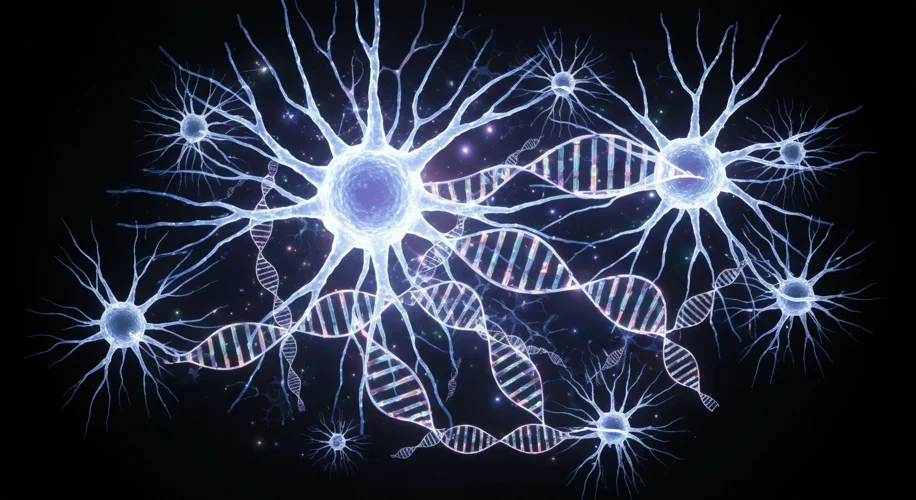Harvard’s AI Breakthrough: A New Approach to Treating Tough Diseases
Did you know that Harvard has developed a new AI tool that could significantly change how we approach complex diseases like Parkinson’s, Alzheimer’s, and even certain types of cancer? It’s pretty exciting stuff, and I wanted to share what I’ve learned.
Pinpointing the Problem with Precision
Many diseases, especially those affecting the brain or involving abnormal cell growth, are incredibly complex. They often stem from intricate genetic factors and require very specific interventions. Traditional research can take years, even decades, to untangle these complexities and find effective treatments.
This new AI tool from Harvard takes a different route. Instead of a broad approach, it’s designed to dive deep into the molecular level. Its main strength lies in its ability to pinpoint specific genes that are playing a key role in a particular disease. Think of it like a super-powered detective that can identify the exact culprits in a vast network.
But it doesn’t stop there. Once it identifies these critical genes, the AI can then suggest highly specific drug combinations that might be most effective in targeting them. This isn’t just about finding a drug, but finding the right drug, or combination of drugs, for a specific disease pathway.
Accelerating Treatment Development
What does this mean in practice? It means the potential to significantly speed up the drug development process. By narrowing down the research focus and providing highly targeted treatment suggestions, this AI could help scientists and medical professionals move from hypothesis to potential therapy much faster than before.
For patients and their families, this offers a renewed sense of hope. Diseases like Parkinson’s and Alzheimer’s, which affect millions worldwide and currently have limited treatment options, could see new, more effective therapies emerge sooner. Similarly, in the fight against cancer, where personalized medicine is increasingly the goal, this AI could unlock more precise and effective treatment plans.
The Power of AI in Science
This development really highlights the growing power of artificial intelligence in scientific discovery. It’s not just about automation; it’s about augmenting human intellect and enabling us to tackle problems that were once too complex or time-consuming to solve. The ability of AI to process massive datasets and identify subtle patterns is proving invaluable.
While this tool is still in its developmental stages, the potential impact is substantial. It represents a significant step forward in our ongoing quest to understand and treat some of the most challenging diseases facing humanity. It’s a great example of how innovative technology can directly translate into tangible hope for better health outcomes.

